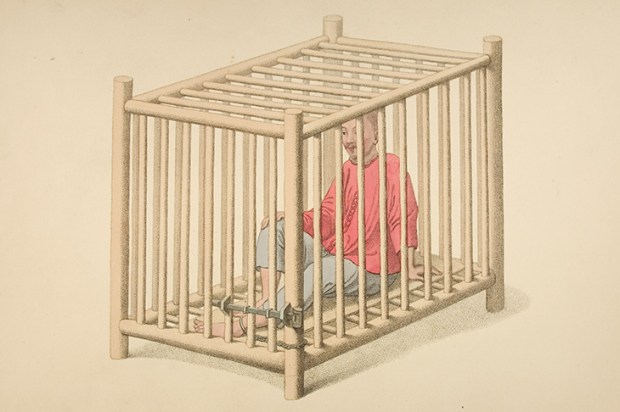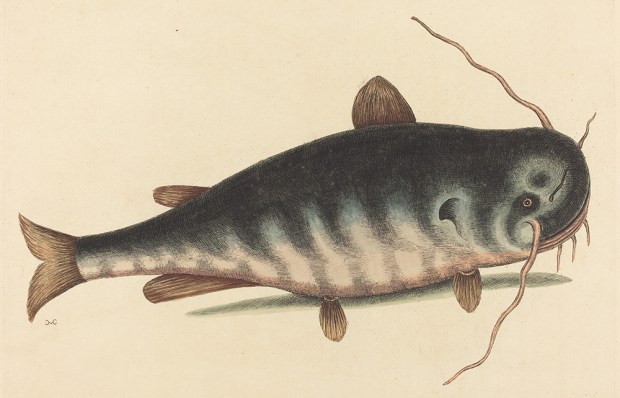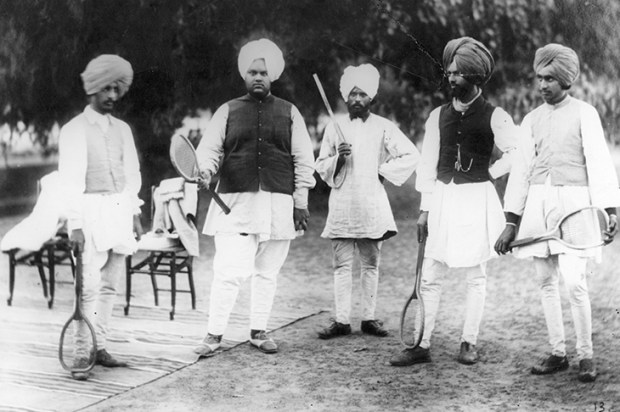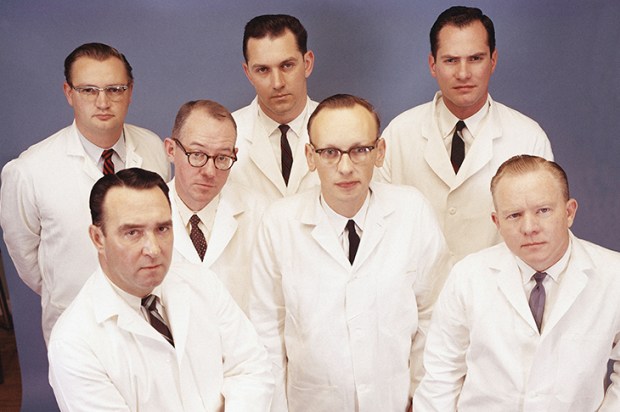Speccie reader Louise has been in touch with an intelligent question that must have occurred to many of us over the years: ‘I enjoy your word articles in The Spectator Australia and wonder if you can explain the expression ‘cut the mustard’. I find it very peculiar and wonder if it should be “cut the muster”. This certainly makes more sense to me.’ Louise may possibly be on the money here, for one of the suggestions is that ‘cut the mustard’ is a jokey distortion of the earlier expression ‘cut the muster’. But there are problems. (There’s always a ‘but’ isn’t there?) If you ‘cut the muster’ then you fail to turn up for the head count – but someone who can ‘cut the mustard’ is the opposite: they are not missing in action, they are the real deal, they succeed.
So the Oxford has another suggestion, namely that ‘cut the mustard’ referred to the difficulty of cutting tall mustard plants during harvest. And they have found a citation from the San Francisco Daily Examiner from 1884 which seems to support this: ‘It is difficult to find men tall enough to see to cut mustard.’ And that’s much closer to the meaning we now know – coming up to expectations, succeeding.
And the expression was probably helped along by the fact that ‘mustard’ has long been a term of approval. In 1904 O. Henry has a character boasting by saying, ‘I’m the mustard in the salad dressing.’ The heat and pungency of mustard gave us ‘keen as mustard’ and ‘strong as mustard’ as long ago as the 1600s.
As for the word ‘mustard’ itself, it came into English from French in the 13th century as the name for the seeds of the Brassicaceae or Cruciferae mustard plants (part of the cabbage family). And now, Louise, does my explanation, ah, cut the mustard?.
Recently a commentator called Elon Musk a ‘baller’. Puzzled, I did some digging, and found this is a trendy word among the young. The Cambridge Dictionary says a ‘baller’ is: ‘a successful person, especially one who is rich, lives well and buys expensive things’. And the hyper-hip Urban Dictionary offers this further explanation: ‘Someone who started out from the bottom with nothing and have now made it to the top.’ They say it’s a recent coinage (am I alone in hoping it dies out very soon?) But why this word? Why did the infantile minds of various ‘Gens’ (Z or X or Whatever) decide to use ‘baller’ as a term of praise? ‘Baller’ is recorded in English from around 1586. It originally meant ‘a player of a ball game’ (Oxford English Dictionary). Then in America this was taken to especially apply to basketball – with its highly paid, superstar players. It seems to be that from that ‘baller’ became part of Black American slang. Used in this way (from around 1990) ‘baller’ was used to mean: ‘a person, who spends money freely and ostentatiously’.
I suppose it’s a small step from a big spender to a big success. At least, that’s the journey the word seems to have made. Mind you, the Oxford adds that this slang use of ‘baller’ (big spender) originally applied especially to drug dealers. So perhaps ‘baller’ is less flattering than the little people of Gen Z or Gen X thought it was. Well, we shouldn’t tell them – it will only disturb their small minds.
Got something to add? Join the discussion and comment below.
Contact Kel at ozwords.com.au
You might disagree with half of it, but you’ll enjoy reading all of it. Try your first month for free, then just $2 a week for the remainder of your first year.













